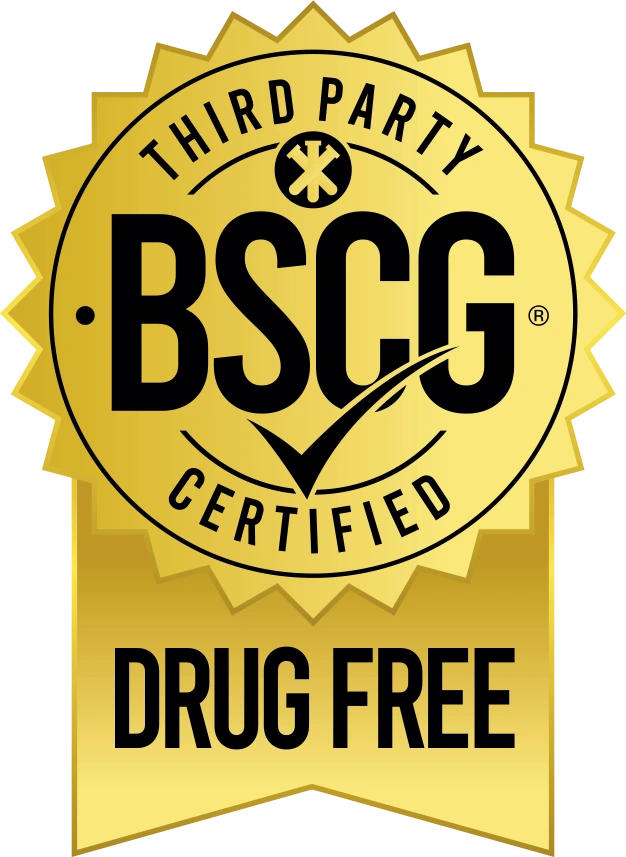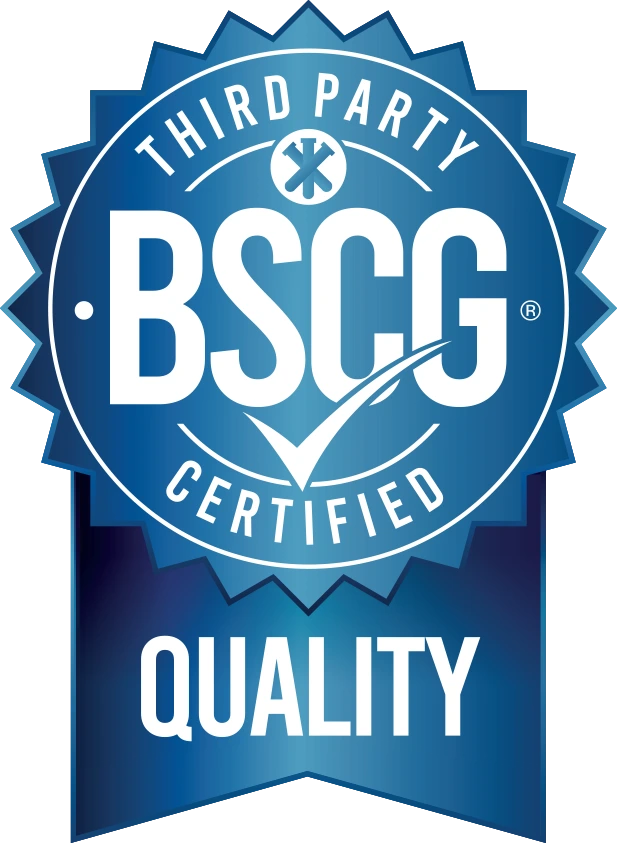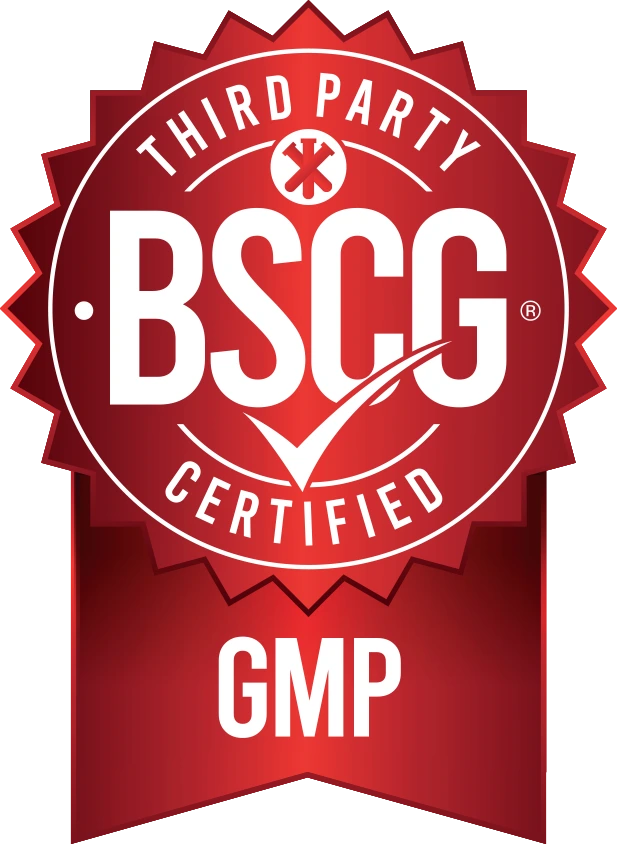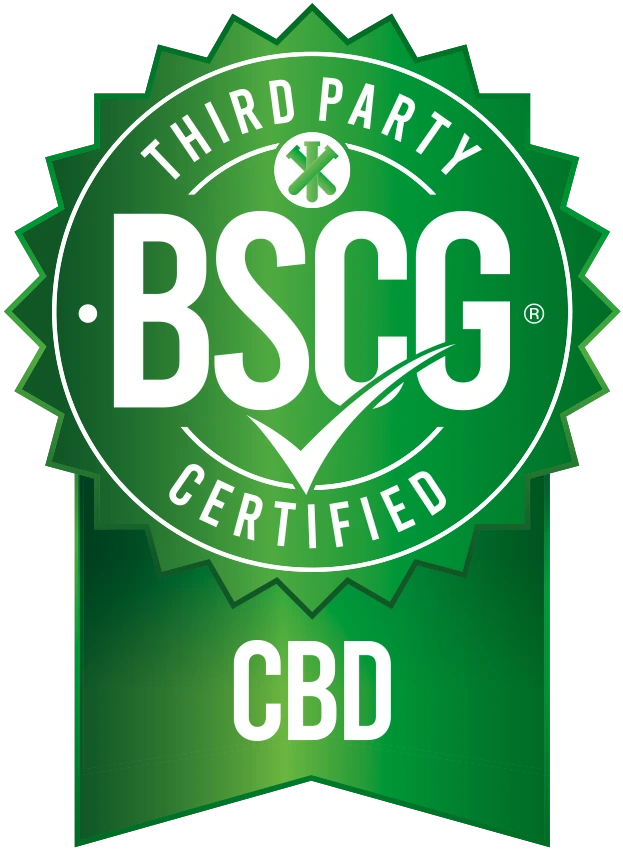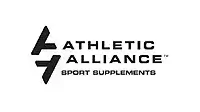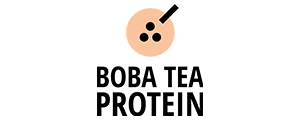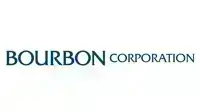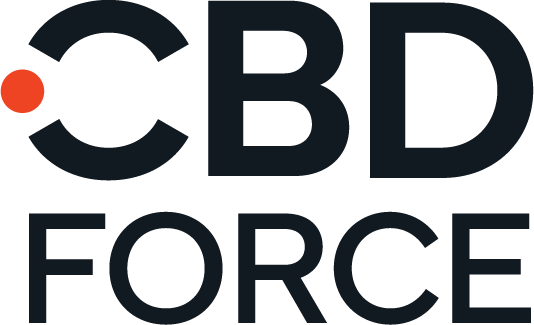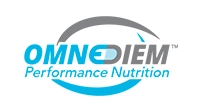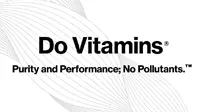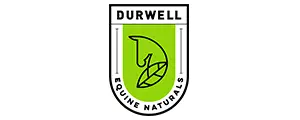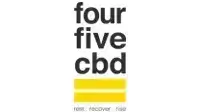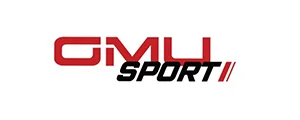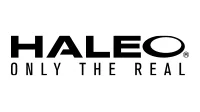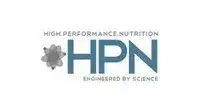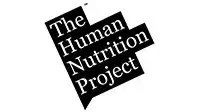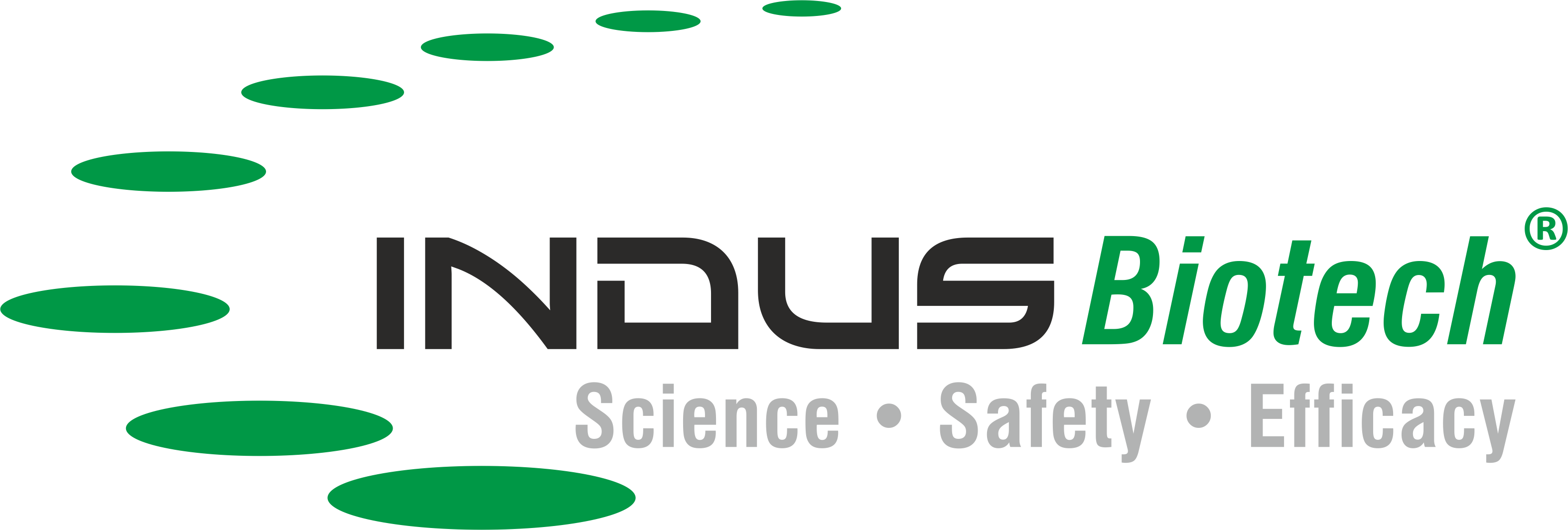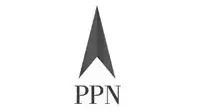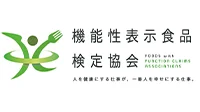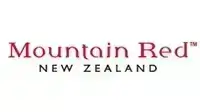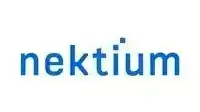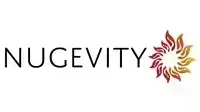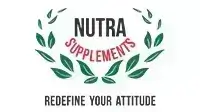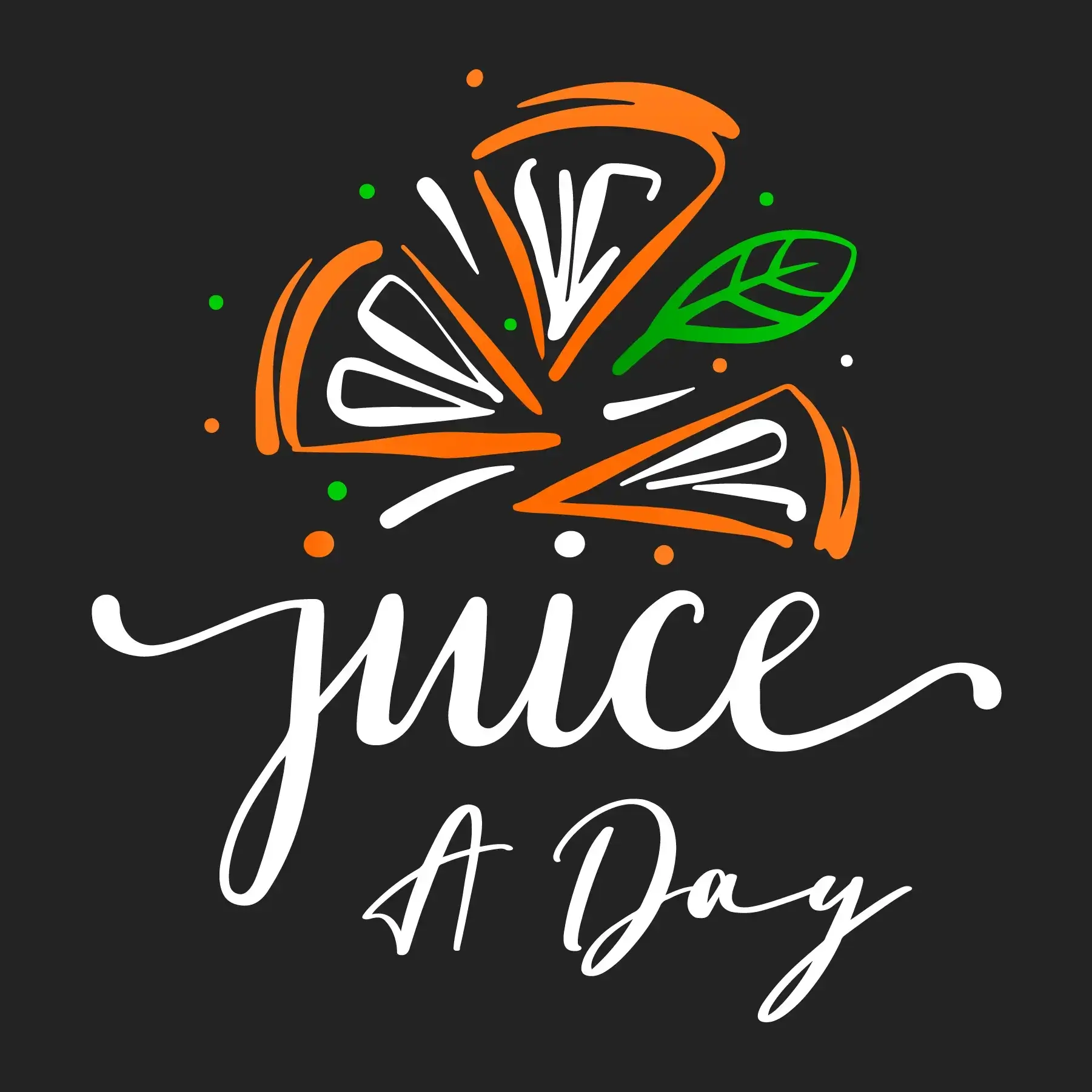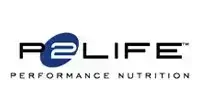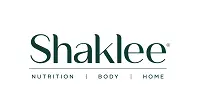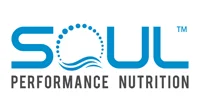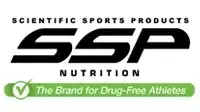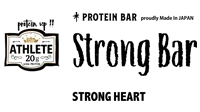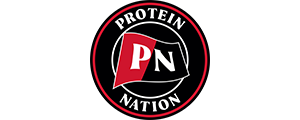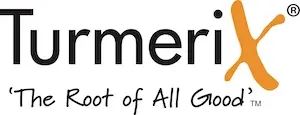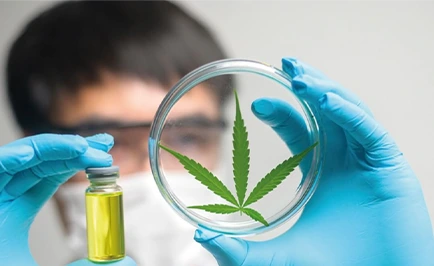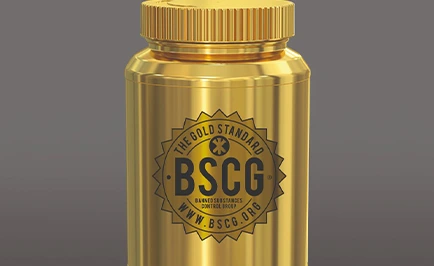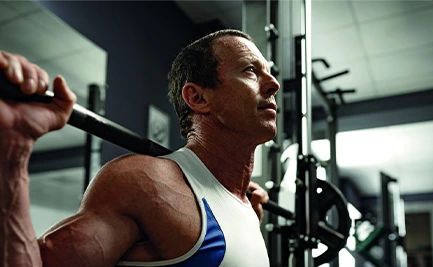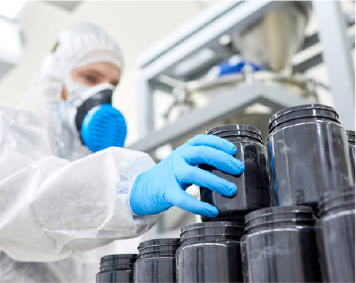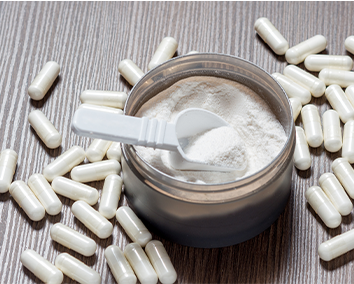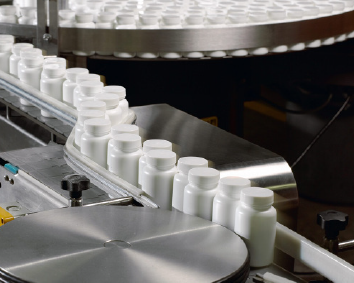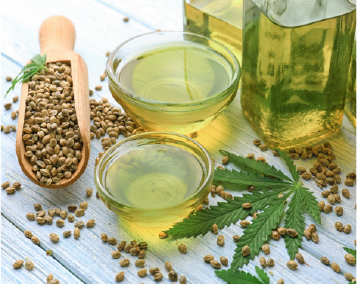A Doping Shadow Looms Large Over Paris Olympics
Jul 02, 2024

Paris may be the city of lights, but the shadow of a doping scandal already looms large over the Olympic swimming pool. This year, attention also falls on athletes championing clean competition as they face the recently announced Chinese doping scandal. This report revealed 23 Chinese swimmers, including Tokyo Olympic medalists, tested positive for the banned substance trimetazidine (TMZ), an anti-ischemic heart medication, in 2021 but faced no sanctions. The tests weren’t announced until an investigation by German broadcaster ARD exposed it a few months ago in concert with the New York Times. In Paris 11 of the swimmers are slated to compete.
The Impact of the Chinese Doping Scandal
These revelations have rocked clean athletes who give up their privacy and dignity to undergo rigorous drug testing all in the name of clean sport. The lack of transparency and accountability has eroded trust in the anti-doping system. Travis Tygart, CEO of the U.S. Anti-Doping Agency (USADA), called the situation "devastating" for clean athletes who have been "deeply and painfully betrayed by the system." It led to a war of words with the World Anti-Doping Agency (WADA), who claimed the reports were misleading and defended their position saying that without any evidence to the contrary they had no cause for recourse. The positive tests occurred during COVID precluding an outside investigation.
Was Food Contamination to Blame or Just a Convenient Explanation
An investigation by the China Anti-Doping Agency (CHINADA) determined the positive tests were the result of kitchen contamination, with samples of spice containers, drains, and cooking hoods apparently testing positive for TMZ. This seems like a lot of sources of contamination. TMZ is a known water contaminant internationally and that could be responsible for the findings in the drains and hoods, but those sources wouldn’t seem to explain a positive drug test. If it was the spices was the amount found in the spices enough to cause a positive? These are spices, not the main course. To the trained eye the explanation doesn’t appear to hold much water. Since none of the relevant scientific details were released, and the cases were never announced or discussed, it is hard to completely assess the situation, or the response to it. WADA has said that without any evidence to the contrary they were unable to take any action.
The Realities of Food and Supplement Contamination
The scandal highlights the need for athletes to be vigilant about the food and supplements they consume. Food contamination is a concern. Drugs, including PEDs, are known contaminants in the water supply and can accumulate in crops, or herbs grown using tainted irrigation water. Inadvertent doping due to contaminated supplements is also a real danger. Research shows nearly 28% of dietary supplements evaluated contained substances that could lead to inadvertent positive drug tests. Third-party certification that provides batch testing for banned substances, like the BSCG Certified Drug Free program, is essential for athletes and other drug tested professionals.
Prominent Voices for Clean Competition
Prominent athletes continue to speak out about the importance of clean sport. British swimmer Adam Peaty questioned the lack of transparency surrounding the Chinese doping scandal, highlighting the need for openness and accountability. Similarly, Greg Meehan, head coach of USA Swimming's 2021 women's Olympic team, emphasized the importance of consistent handling of doping cases. Seven time Olympic gold medalist, Katie Ledecky said, “Clean play is supposed to be at forefront of the Olympics, and I think it’s really disappointing we’re in this situation three years after this all happened. It’s tough to accept as an athlete.” She would have 8 gold medals, a record, if not for the Chinese 800 meter freestyle relay team edging out the Americans for the gold in Tokyo. That performance is now up for public debate, but the medals have been awarded and there seems to be no avenue for recourse at this point.
Rallying for Fair Competition
As the Paris Olympics approach, the outrage from the global sports community continues to brew and may boil over at any time. The anti-doping system has protocols and rules for handling cases where inadvertent contamination is the suggested reason. Determining how those protocols were handled in this circumstances is an essential part of the investigation. It is not uncommon for athletes to get sanction relief for inadvertent doping when the source can be proven and verified, but to have cases simply vanish is unusual.
Athletes are held to strict liability in anti-doping. Administrators and anti-doping officials must be accountable as well. An independent review has been commissioned, we will see where it leads. Meanwhile a hearing was held by the U.S. House Committee on Energy and Commerce’s oversight and investigations subcommittee to dig into the issue and has threatened to withhold the $3.7 Million in funding provided to the World Anti-Doping Agency (WADA) over the perceived lack of action. At the hearing Travis Tygart, President of USADA said that WADA had become, “a lapdog instead of a watchdog.” Olympic Champion Michael Phelps said the Olympics themselves were in jeopardy.
Perhaps never before has the fight for clean sport been so public, or so important. The entire point of making anti-doping independent with the creation of WADA, USADA and other agencies more than 20 years ago was to depoliticize anti-doping efforts and make them independent. If anti-doping has been repoliticized, as some now fear is the case, that is a major concern. After more than 50 years of anti-doping in sport the world deserves better than this.
